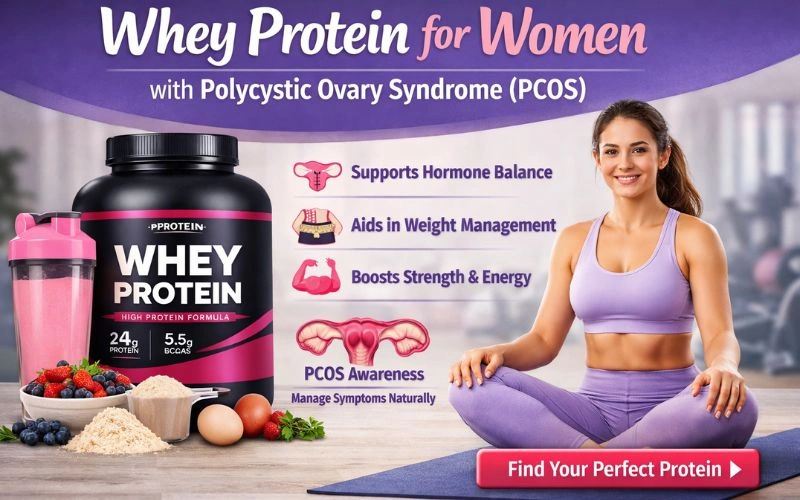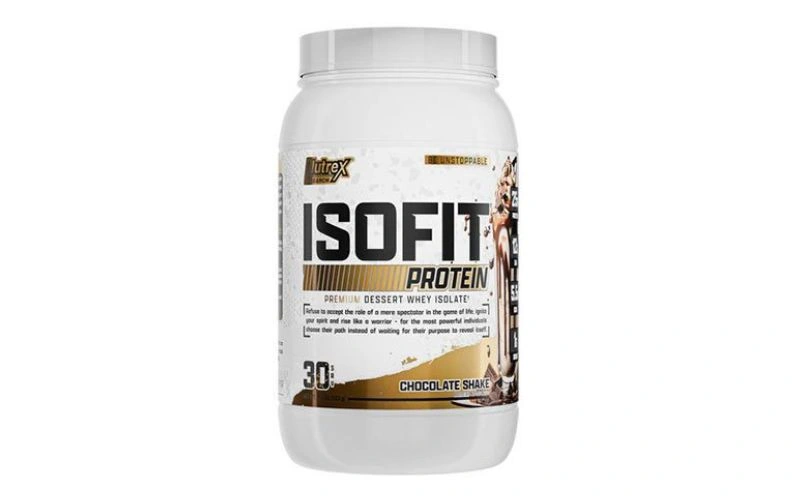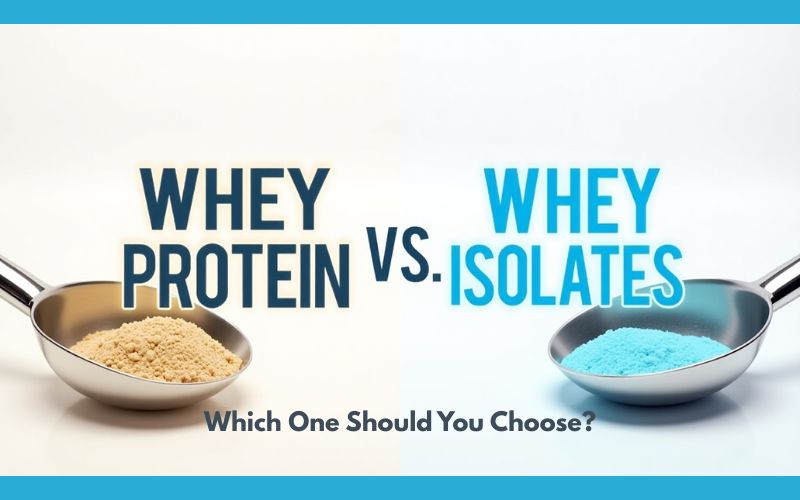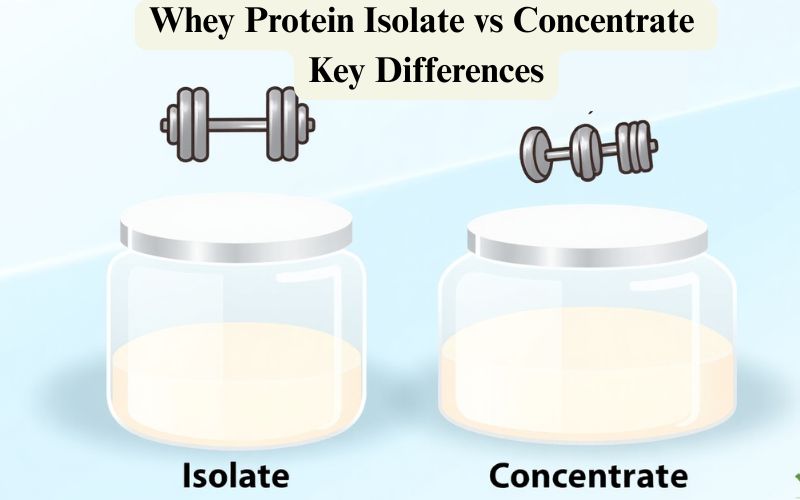Boost Whey protein, a byproduct of cheese production, is a complete protein source rich in essential amino acids. Known for its rapid digestion and absorption, it has become a popular supplement among athletes and health enthusiasts. For women, in particular, whey protein offers a myriad of benefits that extend beyond just muscle building.
Whey protein is derived during the process of cheese making when milk coagulates, leaving behind whey as a liquid byproduct. This liquid is then processed and filtered to create whey protein powder, which is widely available in various forms, such as concentrate, isolate, and hydrolysate. Each form differs in protein content and processing methods, catering to different dietary needs and preferences. When considering whey protein powder price in Pakistan, it’s important to note that costs vary based on the type and brand, making it accessible for fitness enthusiasts at different budget levels.
In addition to its high protein content, whey protein is also a rich source of branched-chain amino acids (BCAAs), which are essential for muscle recovery and growth. These BCAAs, including leucine, isoleucine, and valine, play a critical role in reducing muscle soreness and fatigue, making whey protein an ideal supplement for active women looking to enhance their fitness routines. The whey protein supplement price in Pakistan has become increasingly competitive, with both local and international brands offering quality options that deliver exceptional nutritional value and support women’s health and wellness goals effectively.
Table of Contents
Nutritional Profile of Whey Protein
Whey protein is packed with high-quality protein and is low in fat and carbohydrates. It contains all nine essential amino acids, making it a complete protein.
Nutritional Table:
| Nutrient | Amount per Serving (30g) | Benefits |
| Protein | 24g | Supports muscle growth and repair |
| Leucine | 2.5g | Enhances muscle protein synthesis |
| Calcium | 120mg | Promotes bone health |
| Magnesium | 20mg | Supports muscle function and energy metabolism |
| B Vitamins | 0.5mg | Vital for energy production and immune function |
| Carbohydrates | 2g | Provides a quick energy source |
| Fat | 1g | Essential for hormone production and nutrient absorption |
Beyond its protein content, whey protein is also an excellent source of vitamins and minerals such as calcium, magnesium, and B vitamins. These nutrients are vital for maintaining overall health and well-being, supporting functions like bone density, energy metabolism, and immune response. For women, the inclusion of these vitamins and minerals in their diet can help address specific nutritional needs and deficiencies.
Moreover, the low-fat and low-carbohydrate profile of whey protein makes it a suitable option for those following calorie-restricted diets or managing conditions like diabetes.
Unlock the amazing health benefits of whey protein and transform your fitness routine today!
Muscle Mass and Strength Enhancement

One of the most celebrated benefits of whey protein is its ability to promote muscle mass and strength.
- For women, especially those engaged in resistance training, whey protein can help in muscle recovery and growth. The high leucine content in whey stimulates muscle protein synthesis, aiding in the repair and rebuilding of muscle tissues after workouts.
- Additionally, incorporating whey protein into a post-workout routine can help reduce muscle damage and inflammation. The quick absorption rate of whey protein means that amino acids are rapidly delivered to muscle cells, speeding up the recovery process and allowing women to train more effectively and consistently.
- Furthermore, whey protein can enhance overall athletic performance by increasing endurance and reducing fatigue.
By ensuring that muscles receive the necessary nutrients for recovery and growth, women can experience improved strength and stamina, enabling them to push their limits and achieve their fitness aspirations.
Weight Management and Fat Loss
Whey protein is an excellent aid for weight management and fat loss. It helps in maintaining lean muscle mass while promoting fat loss. The high protein content increases satiety, reducing overall calorie intake. Additionally, the thermogenic effect of protein digestion helps in burning more calories, supporting weight loss efforts.
Consuming whey protein as a meal replacement or snack can help control hunger and cravings, making it easier for women to adhere to their dietary plans. The prolonged feeling of fullness provided by whey protein can prevent overeating and reduce the temptation to indulge in unhealthy snacks.
Moreover, whey protein can support metabolic health by improving insulin sensitivity and regulating blood sugar levels. This is particularly beneficial for women with metabolic disorders or those at risk of developing type 2 diabetes, as it helps manage weight more effectively and reduces the likelihood of insulin resistance.
Improved Metabolism
Consuming whey protein can boost metabolism. The process of digesting and metabolizing protein requires more energy compared to fats and carbohydrates, known as the thermic effect of food (TEF). This increase in metabolic rate can contribute to weight loss and improved energy levels throughout the day.
Whey protein can help preserve muscle mass during weight loss, which is crucial for maintaining a healthy metabolism. Muscle tissue is metabolically active, meaning it burns more calories at rest compared to fat tissue.
Hormonal Balance and Regulation
Whey protein can positively affect hormonal balance. It has been shown to influence the levels of certain hormones such as insulin and cortisol.
Insulin regulation is crucial for managing blood sugar levels and preventing conditions like insulin resistance and type 2 diabetes.
- Additionally, the amino acids in whey protein can help reduce cortisol levels, which is beneficial for stress management.
- Moreover, whey protein contains bioactive peptides that have been found to affect the release of appetite-regulating hormones such as ghrelin and leptin. These hormones play a significant role in hunger and satiety signals, helping women control their food intake and maintain a balanced diet.
- In addition to these benefits, whey protein can support reproductive health by providing essential amino acids and nutrients that contribute to hormone production and regulation. This can be particularly important for women experiencing hormonal fluctuations due to menstrual cycles, pregnancy, or menopause.
Bone Health and Osteoporosis Prevention

For women, maintaining bone health is of paramount importance, especially as they age. Whey protein can contribute to bone density and strength. It contains bioactive peptides that enhance calcium absorption and retention in bones.
- Regular consumption of whey protein, along with weight-bearing exercises, can help prevent osteoporosis and related bone fractures.
- Furthermore, the high levels of calcium and phosphorus in whey protein are essential for maintaining strong bones.
- These minerals work synergistically to promote bone mineralization and prevent the loss of bone mass, which is a common concern for women, particularly post-menopausal women.
Immune System Support
Whey protein is not just beneficial for physical fitness; it also supports the immune system.
- It contains immunoglobulins and lactoferrin, which have antimicrobial and antiviral properties. These components help strengthen the immune response, making the body more resilient against infections and diseases.
- Glutathione is a powerful antioxidant that protects cells from oxidative damage and supports the immune system’s ability to fight off pathogens. By enhancing glutathione levels, whey protein contributes to a more robust immune defense.
- This immune support is particularly important for women who may be more susceptible to infections due to hormonal changes, stress, or other factors.
Skin Health and Anti-Aging Benefits
The amino acids in whey protein play a crucial role in collagen synthesis, which is vital for skin health.
- Collagen helps maintain skin elasticity and firmness, reducing the appearance of wrinkles and fine lines.
- The antioxidants present in whey protein can combat oxidative stress, slowing down the aging process and promoting a youthful complexion.
- Whey protein’s rich amino acid profile also supports the repair and regeneration of skin cells, helping to maintain a healthy and radiant complexion.
This can be especially beneficial for women who are exposed to environmental stressors such as UV radiation and pollution, which can accelerate skin aging. The hydrating properties of whey protein can improve skin moisture levels, preventing dryness and enhancing skin texture.
Digestive Health and Gut Flora
Whey protein contains prebiotic components that nourish the gut flora, improving digestion and nutrient absorption. This can lead to better overall health and a reduction in gastrointestinal issues such as bloating and constipation.
Moreover, the high protein content of whey protein can help repair the lining of the digestive tract, reducing inflammation and promoting a healthy gut barrier. This can enhance overall digestive function and support a balanced and thriving gut microbiome, which is essential for optimal health and well-being.
Whey Protein and Appetite Control
One of the lesser-known yet highly impactful benefits of whey protein for women is its ability to regulate appetite and support long-term dietary discipline. Whey stimulates the release of satiety hormones such as GLP-1 and PYY, which help you feel fuller for longer. This not only reduces cravings but also assists in lowering daily calorie intake, a crucial factor in managing body weight.
For women aiming to achieve fat loss through controlled eating habits, whey protein can be a smart addition to the diet.
If you’re wondering whether it supports fat burning too, explore this in-depth guide on how whey protein helps in fat loss to learn more about its metabolic effects.
Whey Protein and Cardiovascular Health
Whey protein may also support heart health, a benefit often overlooked in fitness discussions. Research has shown that whey protein can contribute to reductions in blood pressure and improve lipid profiles by lowering LDL (bad) cholesterol levels.
This makes whey protein a dual-purpose supplement—not only does it aid in physical performance and recovery, but it can also support overall cardiovascular function, especially when included as part of a balanced diet.
Whey Protein for Women with Polycystic Ovary Syndrome (PCOS)

Whey protein has gained popularity as a dietary intervention for women managing PCOS. It helps improve insulin sensitivity—a key concern in PCOS management—while also promoting satiety and muscle maintenance.
Incorporating whey protein into daily meals or smoothies can help stabilize blood sugar levels, reduce cravings, and support weight loss, which are often essential goals for women with PCOS.
Whey Protein During Pregnancy and Lactation
Protein is a critical nutrient during pregnancy and breastfeeding, and whey protein offers a safe, convenient way to meet the increased nutritional needs during these stages. It supports fetal development, tissue repair, and milk production.
That said, it’s essential to choose the right type of protein. Learn how to choose the best whey protein based on ingredient quality, digestion, and dietary compatibility—especially when pregnant or lactating.
Whey Protein and Mood Enhancement
Whey protein contains tryptophan, an amino acid involved in the synthesis of serotonin—the “feel-good” neurotransmitter. Regular consumption of whey may help reduce cortisol levels and promote a calmer mood.
While it’s not a direct treatment for stress or anxiety, combining whey with a healthy lifestyle and exercise routine can offer mood-stabilizing benefits, especially during hormone fluctuations linked to menstrual cycles or menopause.
Whey Protein for Vegetarian Women
Whey protein is a valuable option for vegetarian women who consume dairy. Unlike plant-based sources that may lack certain amino acids, whey is a complete protein that helps maintain muscle, support metabolism, and prevent deficiencies.
If you’re confused between protein types, our guide comparing whey protein vs collagen protein breaks down their benefits and helps you choose the most effective option for your lifestyle and goals.
Potential Side Effects and Considerations
While whey protein is safe for most women, some may experience bloating or digestive discomfort—particularly if lactose intolerance is present. In such cases, opting for whey isolate, which contains minimal lactose, may be a better choice.
- Still unsure which form to pick? Read our comparison of whey protein isolate vs concentrate to find the right fit based on purity, digestion, and fitness goals.
- Also, moderation is key. Overconsumption may not benefit your health. To understand safe limits, refer to this guide on how much whey protein per day is suitable for your activity level and dietary needs.
- Lastly, always verify product quality. Learn how to identify organic whey protein to ensure you’re choosing a clean, safe, and effective supplement.
Practical Tips for Incorporating Whey Protein
Incorporating whey protein into the daily diet can be simple and versatile. It can be added to smoothies, oatmeal, or even baked goods.
- For those with a busy lifestyle, whey protein shakes can be a convenient and nutritious option. It is important to choose a high-quality whey protein supplement to ensure maximum benefits.
- Starting with a small serving and gradually increasing the intake can help in adjusting to the supplement without any digestive discomfort.
- For those who enjoy experimenting in the kitchen, whey protein can be incorporated into various recipes, such as protein pancakes, energy bars, and protein-enriched soups. This versatility allows women to enjoy the benefits of whey protein in multiple forms, keeping their diet interesting and enjoyable.
- Additionally, it is essential to consider timing when consuming whey protein.
- Taking it post-workout can maximize muscle recovery and growth, while having it as a snack between meals can help maintain satiety and prevent overeating.
Conclusion
In conclusion, whey protein offers a multitude of health benefits for women, including supporting muscle mass, weight management, hormonal balance, bone health, immune system, skin vitality, and digestive health. Its versatile forms and ease of incorporation into daily diets make it an invaluable supplement. By addressing various nutritional needs, whey protein helps women achieve their health and fitness goals efficiently.



























